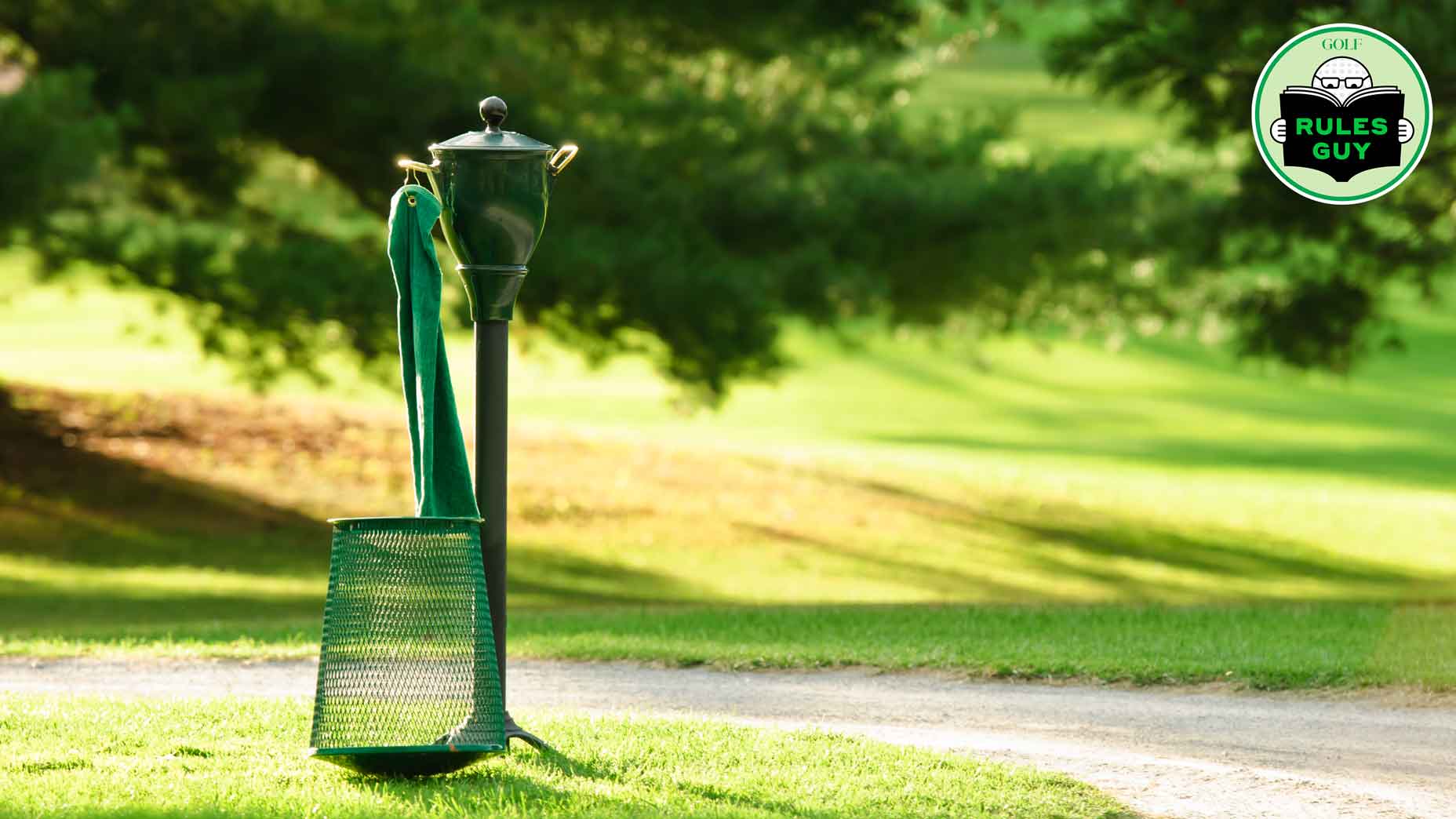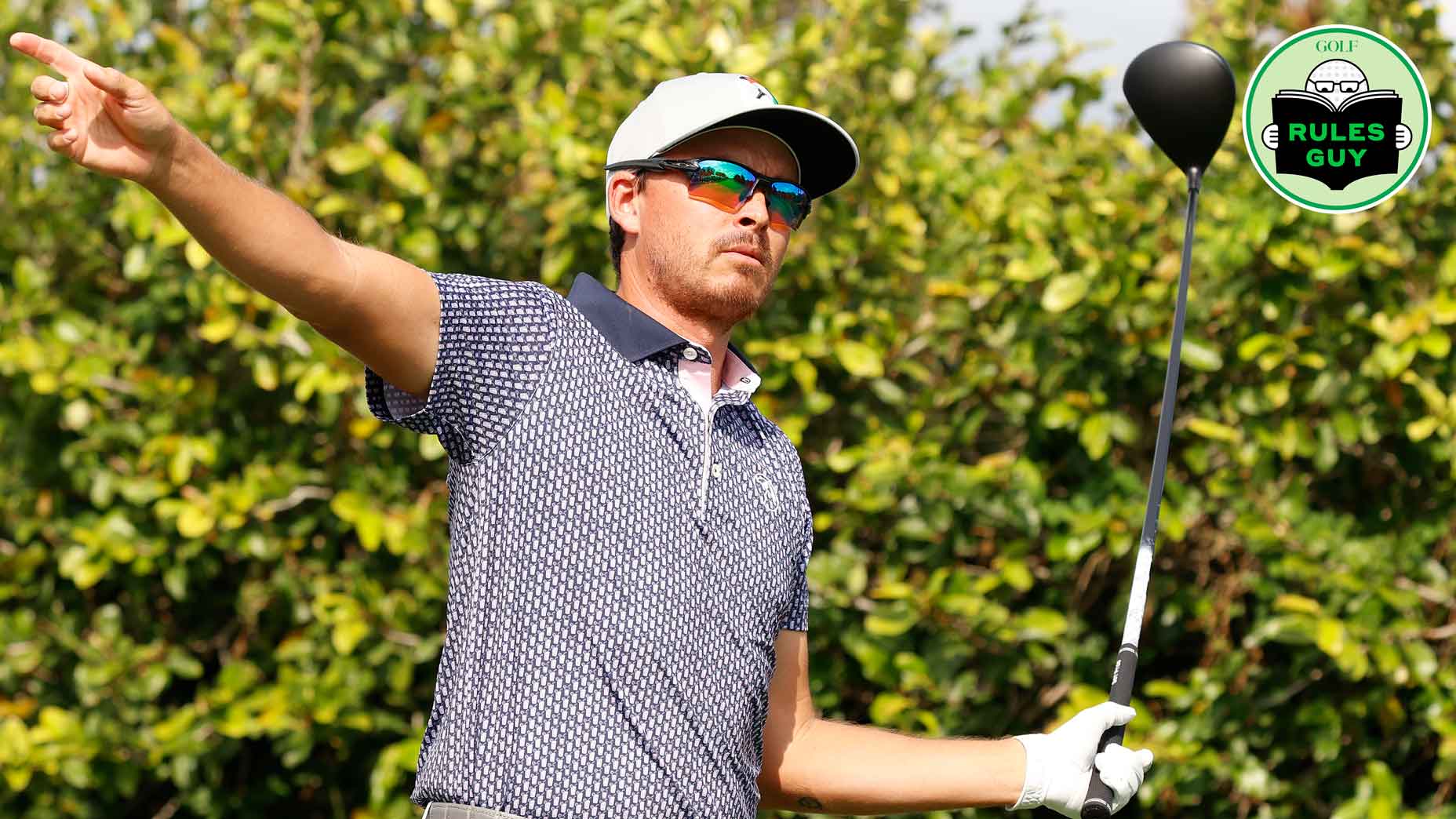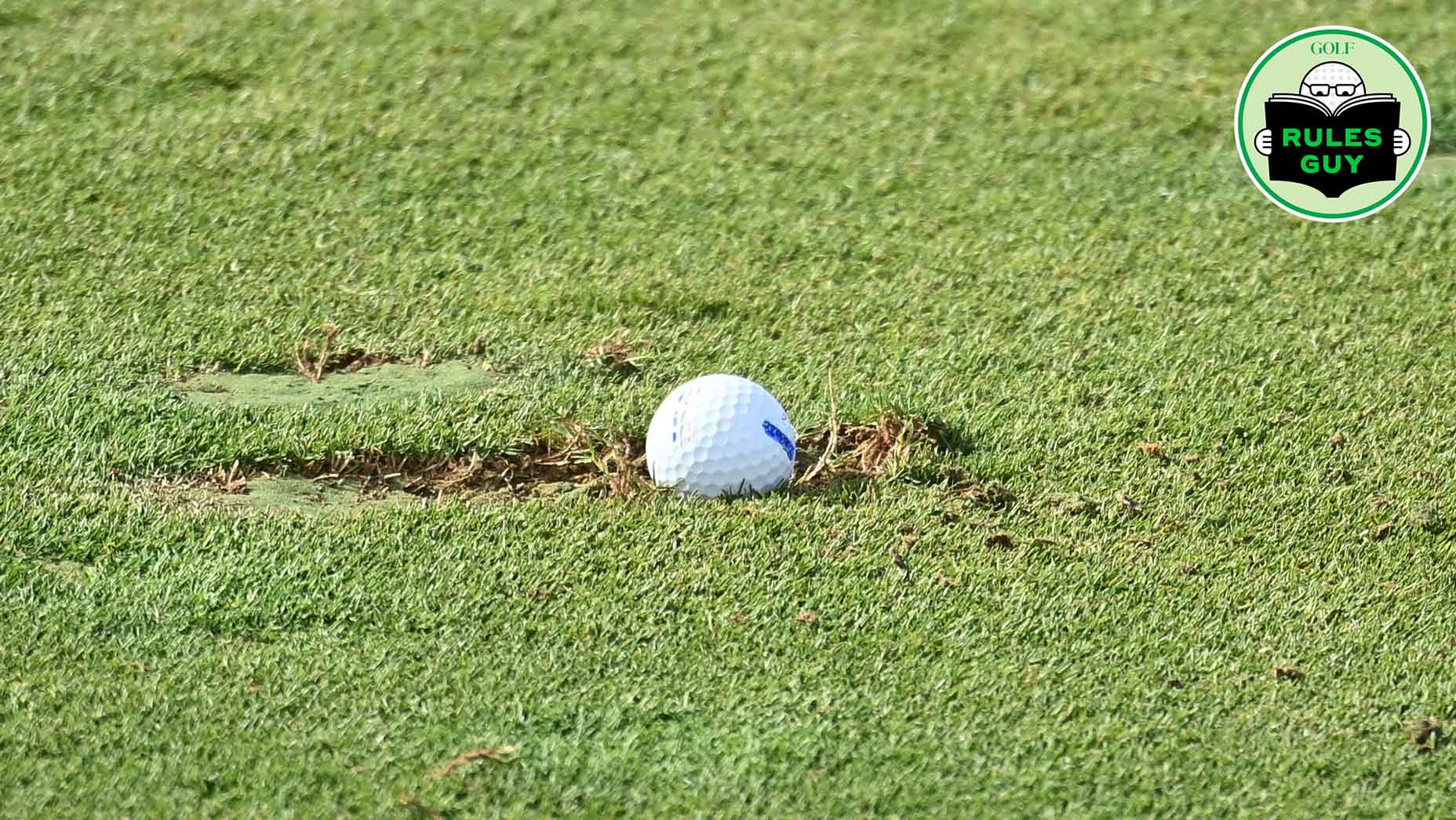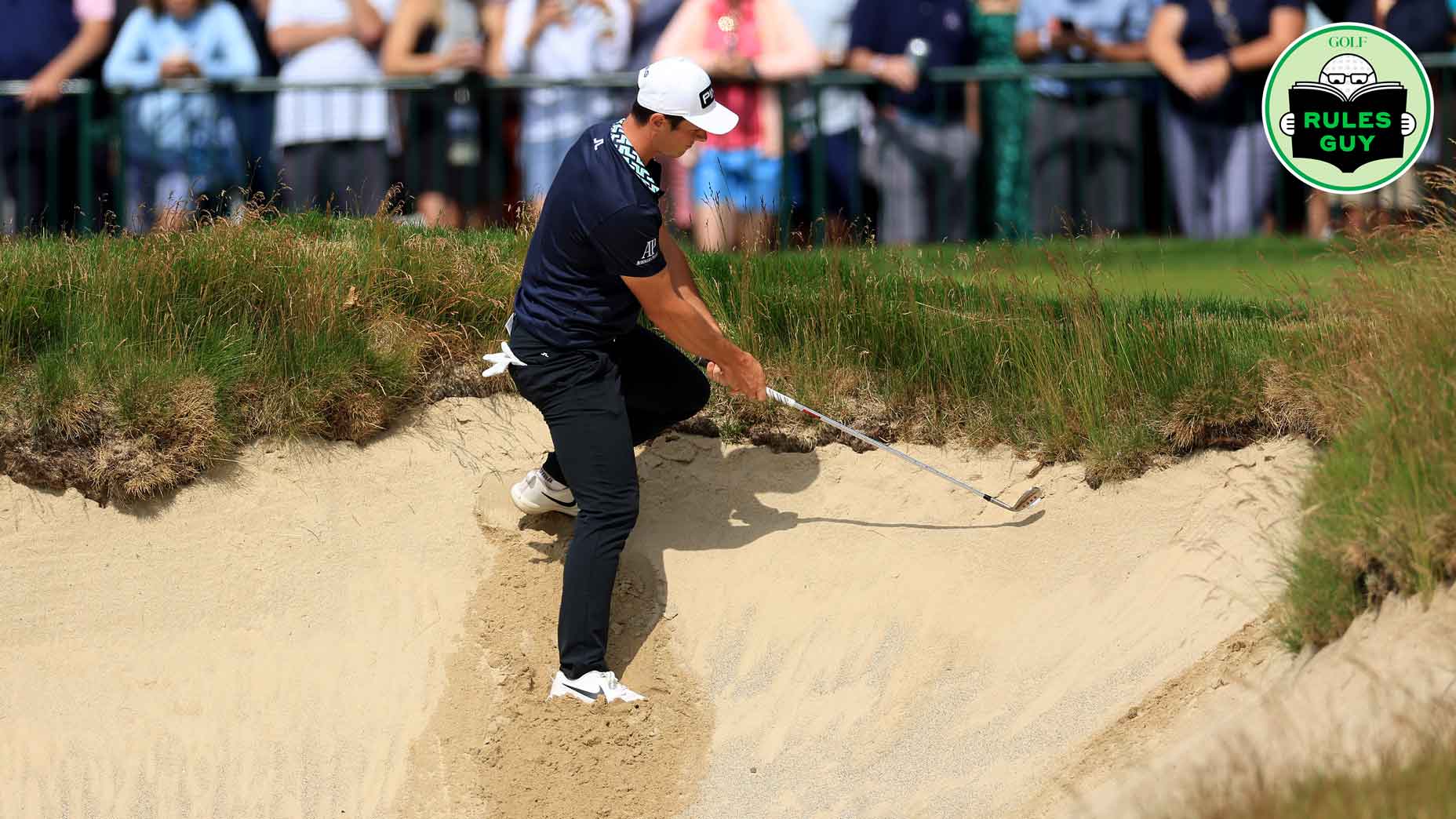KAPALUA, Hawaii — Dustin Johnson’s rules drama at the 2016 U.S. Open at Oakmont is the poster child for the 2019 rule change that waives the one-shot penalty for a player who accidentally moves his or her ball on the green.
But another incident is far more prominent in Bubba Watson’s mind.
“In 2011, Webb’s ball rolled and I won at New Orleans,” Watson told GOLF.com Tuesday at the 34-player Tournament of Champions.
Watson was referencing the 2011 Zurich Classic, where Webb Simpson called a penalty on himself when his ball moved on the 15th green at TPC Louisiana. The wind had caused the movement but Simpson was still penalized because he had already grounded his putter.
The one-shot penalty dropped Simpson from the lead to a tie with Watson, who went on to win in a sudden-death playoff.
“Now you can change that rule all you want,” Watson said with a laugh Tuesday.
The 2019 rules changes are a hot topic this week at the Tournament of Champions, given the ToC marks the first time the new rules will be in effect at a PGA Tour event.

At least a couple of the changes will have an immediate impact on Tour, including the amendment that reduces the time allowed to search for a lost ball from five minutes to three. And the rule that permits players to leave the flagstick in the hole while putting.
“I do not like it,” Watson said of the flagstick rule, an opinion he already made clear earlier in the week via a video he posted to Instagram. “For amateur golf, I love it. But for pro golf? No, I don’t like it at all. We have a caddie, it’s not like we don’t have a caddie who can do that for us.”
Reigning British Open winner Francesco Molinari also questioned the optics of leaving the flag in.
“I don’t think the [PGA Tour] wants to see us putting with the flag in, so we will see how that one pans out,” he said with a laugh.
Justin Thomas echoed this sentiment, telling reporters, “I can’t really take myself seriously if I kept the pin in.”
Another tweak that will have immediate consequences on Tour is the rule that allows players to repair almost any damage to a green, including pitch and spike marks. Players are also now permitted to touch the lines of their putts.
“I think it’s fair,” Simpson said Tuesday when asked about repairing spike marks, “because if you’re playing behind a guy who scrapes his feet, you were at a disadvantage. But not anymore.
“I don’t think it’ll slow down play. Guys will just tap it down real quick.”
Interpretation as to what constitutes “damage” to a green or “improving” a line is a bit of moving target but at least a couple of players surveyed Tuesday didn’t see these new rules as potential sources of controversy.
“On rare occasions, there are spike marks [that require repairing],” said Cameron Champ, who won in 2018 in his just his ninth career Tour start, “but I don’t think there’ll be really anything controversial about that.”
One rule change that the big-hitting, 23-year-old Champ endorses is the reduction of time permitted to search for a ball.
“I think that will help dramatically,” he said. “The old rule was five minutes but sometimes, by the time the rules official gets there, it’s even longer than five minutes.”
None of the players GOLF.com polled felt the rule changes would have a major impact at the elite level.
“For us, it’s not going to be a massive change,” Molinari said. “The changes seem to be about making the game a bit more fun and quicker for the amateurs. If you look at it from that point of view, the changes are very good.”
Added Simpson: “I will say I like that the [USGA and R&A] are thinking about how to improve the game, but I don’t think the tweaks will change anything.”
Simpson — a former anchor-putter who won the 2012 U.S. Open before the anchoring ban was implemented — says he’s unlikely to get too excited about any rule changes until the governing bodies make an even more radical move: bifurcation of the rules for amateurs and professionals.
“There needs to be,” he said. “I’ve been saying that for a while.”





